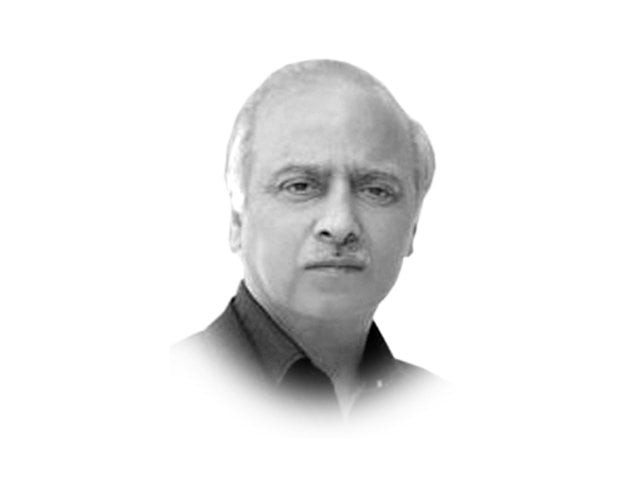Prosecution and the rule of law
Both state institutions and ruling elite must lead by example to convince citizens of their commitment to rule of law.

The writer is Executive Director of the independent Centre for Research and Security Studies
Viewed in this context, Pakistan has to go a long way in establishing an indiscriminate, across the board and access-to-all justice system. Lacunas in prosecution procedures, an outdated prosecution framework and a fledgling commitment of the prosecutors to their duty are some of the factors that severely undermine the results.
Consider any terrorism-related case and you will find it gathering dust in cold storage. The First Information Reports of many terror-related cases were filed against ‘anonymous’ attackers and thus, the police could not go a long way ahead in their investigations. In cases where the police have claimed to having arrested the handlers, who planned the attacks, they have later been released by courts for a lack of evidence.
All the accused in the Marriott bombing case were acquitted, with Justice Raja Akhlaq Hussain observing that “the prosecution routinely fails to produce evidence that can be upheld in a court of law”.
It was in this context that Justice (retd) Nasira Javed Iqbal recently told a gathering of experts in Lahore that an independent and incentivised prosecution service was of central importance to the justice system. We must ensure that no innocent person is punished and no criminal goes scot-free,” she said. Justice Nasira Iqbal argued that the independent prosecution service was also essential to check white-collar crimes, such as those involving the powerful elite, who used political influence to pressure prosecutors.
Rana Maqbool, special assistant to the chief minister of Punjab, also pointed out the difficulties faced by the prosecution department, including deficient intellectual capacity, poor training and insufficient monetary incentives for the prosecutors.
Interestingly, Punjab is the only province with a formal Prosecution Department, created in 2006. Currently, the Prosecution Department, according to Maqbool, is offering training to improve the methodology employed by prosecutors with the support of the German Agency for International Cooperation, which involves intensive training for state prosecutors.
Maqbool also spoke of efforts to improve “efficiency and enforce discipline” within the Prosecution Department. A state-of-the-art forensic science laboratory and a prosecutors’ training school in Lahore were some of the steps being taken to improve prosecution services, according to him.
One hopes that the Punjab Prosecution Department can match its words with action and serve as a catalyst for similar services in other provinces too. Legal experts, such as Justice (retd) Iqbal and Ahmer Bilal Soofi, insist that the confidence of the citizen in the state prosecution services can be restored only through demonstrable actions. For this, the prosecution service must be backed by legal tools that are in sync with Pakistan’s current challenges that arise from rampant crime, raging militancy and an overbearing ruling elite. Both the state institutions and the ruling elite must lead by example to convince citizens of their commitment to the rule of law.
Published in The Express Tribune, February 5th, 2014.
Like Opinion & Editorial on Facebook, follow @ETOpEd on Twitter to receive all updates on all our daily pieces.















COMMENTS
Comments are moderated and generally will be posted if they are on-topic and not abusive.
For more information, please see our Comments FAQ